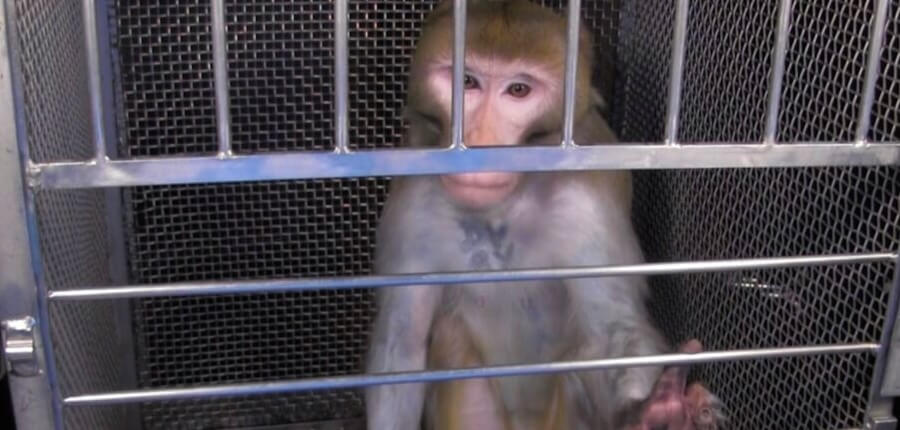May marks Mental Health Awareness Month, an opportunity to recognize that millions of Americans are suffering in silence during the COVID-19 outbreak. Not only are Americans sharing in the collective anxiety of a viral pandemic and the negative effects of a prolonged quarantine, tens of millions are also experiencing the shock and mounting stress arising from a sudden loss of income and, importantly, employer-provided health insurance.
Even before the current crisis, a staggering number of Americans suffered with mental health challenges. According to the 2017 National Survey on Drug Use and Health, more than 17 million people 18 years and older had had at least one episode of major depression in the previous year. And in the years 2011–2014, nearly 13% of those 12 and older reported having taken antidepressants in the previous month. The importance of adequate, effective, available mental health treatment has never been more acute.
So what is the National Institute of Mental Health, the “lead federal agency for research on mental disorders,” doing to address this? It’s spending millions of dollars on experiments that hurt animals. This is money wasted on atrocities, and it needs to stop now.
PETA obtained videos shot by NIMH experimenters in which they forced mice to swim for their lives in inescapable beakers of water to keep from drowning. The videos also show mice suspended upside down by their sensitive tails, which were taped to a bar, and others in a chamber with an electrified floor that gave them repeated shocks to the feet.
Experimenters call these pathologically cruel experiments on mice the “forced swim test,” the “tail suspension test” and the “foot shock” test. They’re designed to induce or measure extreme fear, panic, despair, terror, trauma and a sense of helplessness in the animals — all in pursuit of mental health treatments for humans. Joshua Gordon, NIMH’s director, has personally subjected mice to these tests and to another experiment called “social defeat,” in which one animal is repeatedly attacked by another.
The tests are scientifically flawed. Forcing animals to swim in a beaker of water or hang by their tail does not recreate the complex interplay of psychological, physiological and social conditions that give rise to human depression. The data indicate that these tests have failed to identify new treatments for humans. Foot shock and social defeat are thought to mimic human life stressors, but the types of stress experienced by most humans — including financial struggles, job dissatisfaction and familial problems — don’t involve physical pain like being electrically shocked.
Experimenters at NIMH also torment monkeys, purportedly to shed light on human neuropsychiatric disorders. In one set of experiments, led by NIMH’s Elisabeth Murray, staffers carve out a section of a monkey’s skull and inject toxins into the brain, causing grievous and permanent damage. Each monkey is then put in a small metal cage. A guillotine-like door at the front is suddenly raised to reveal a realistic-looking snake or spider, some of which can slither or jump. Monkeys, like all primates, innately fear snakes. Some respond defensively — freezing and looking or turning away. Others shake their cages. Some show signs of submission by grimacing or smacking their lips.
PETA has released video footage of these bizarre fright sessions, which have gone on for more than three decades and have cost taxpayers $36 million in the last 13 years alone. Unsurprisingly, they have not produced a single treatment for humans in 30 years.
Neither mice nor monkeys are humans. Species differences make applying information from other animals to humans entirely unreliable. This hurdle is reflected in the disappointing failure of more than 95% of clinical trials.
Mental health treatments are needed now more than ever before but are being demonstrably hindered by animal experiments that overwhelmingly fail to produce results for humans. Tax dollars should be spent on modern, human-relevant research methods that offer real hope, not on senselessly terrorizing animals.
Written by Neuroscientist Emily Trunnell, Ph.D., a research associate and Institutional Animal Care and Use Committee liaison for PETA.





